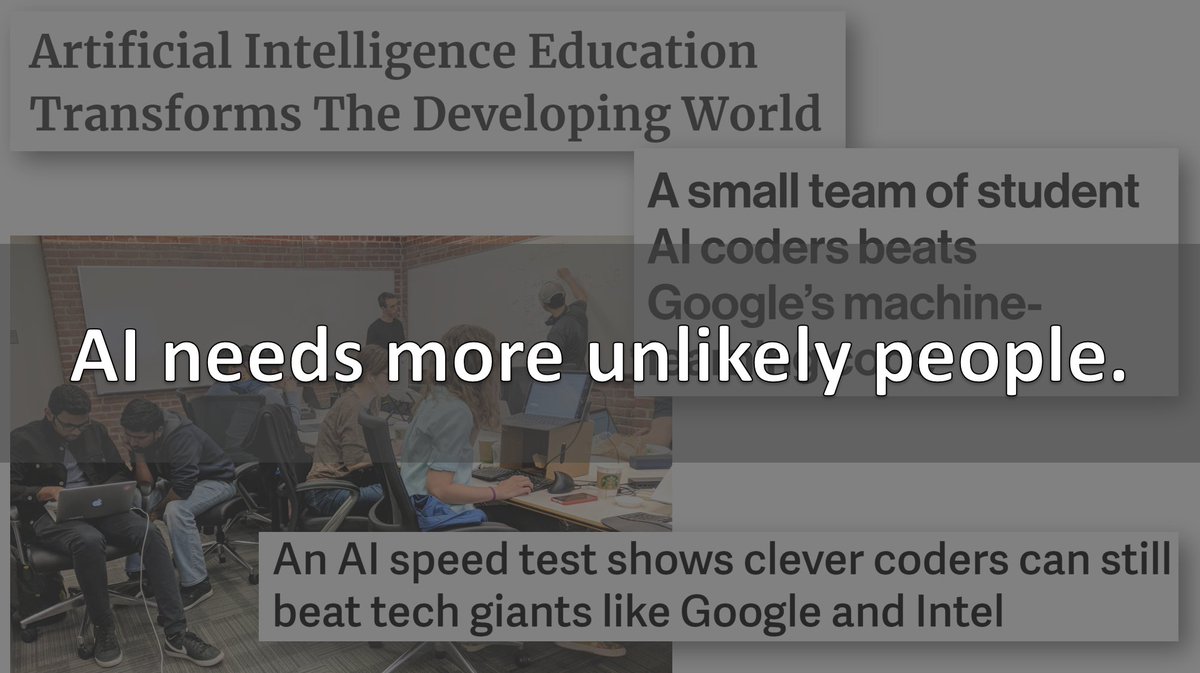
"It quickly became apparent that daily, close contact with the data was necessary to understand what states were reporting... At first, we just thought you could pull numbers off dashboards. As it turned out, we actually needed to do deep research.”
Valuable data work lesson 1/
Valuable data work lesson 1/

"Building automated tooling facilitated our manual data collection and was crucial to our ability to verify data. Ultimately, though, human scrutiny was needed to develop a deep understanding of the data." 2/
covidtracking.com/analysis-updat…
covidtracking.com/analysis-updat…

"States frequently changed how, what, and where they reported data... Had we set up a fully automated data capture system in March 2020, it would have failed within days." 3/ 



Human eyes on, and heavy use of, data pages and dashboards enabled informed feedback including:
- comments about website accessibility
- requesting more data
- correcting errors
- comments about website accessibility
- requesting more data
- correcting errors

Great post about using automation as a way to support and supplement manual work, not to replace it.
By @JonathanGilmou3 about @COVID19Tracking, although I think the lessons apply more broadly 5/
covidtracking.com/analysis-updat…
By @JonathanGilmou3 about @COVID19Tracking, although I think the lessons apply more broadly 5/
covidtracking.com/analysis-updat…
• • •
Missing some Tweet in this thread? You can try to
force a refresh








